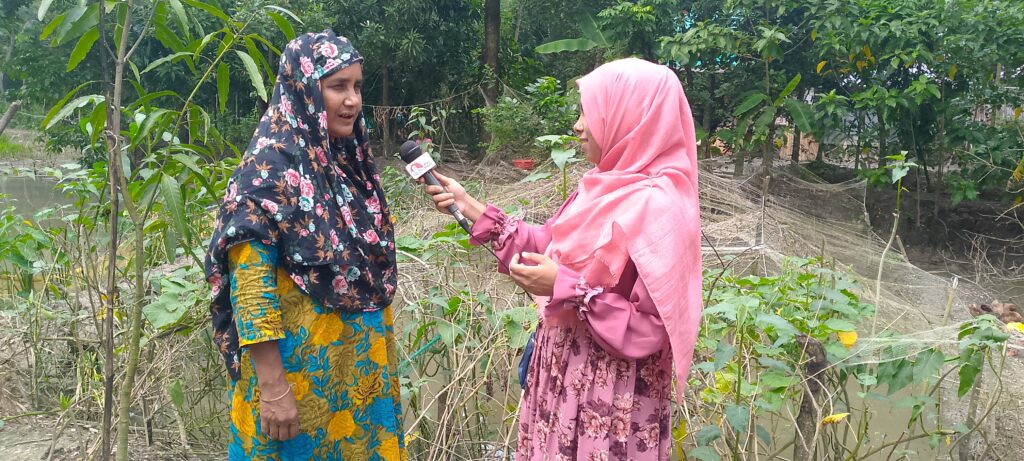
Recognizing the role of women in the aquaculture sector: Experiences in Thailand
The UN Food and Agriculture Organization recognizes the role of women as agents of change in aquaculture which is being considered as one of the fastest-growing sector in the global food systems. However, the prevalence of limited or weak participation of women in decision making processes in the sector leads to their work being often classified as “informal, unpaid, and unreported. Still, women farmers across the globe are demonstrating innovative ways to make their presence felt and contribute in agricultural development.
In Prachinburi, Thailand, Jessica Turner, an aquatic veterinarian, works on a sustainable tilapia hatchery founded by her parents in 1994. Forty-five percent of the farm’s 300 employees are women. “We must make the farm friendly to women,” says Jessica, who this year attended a FAO seed supply workshop in Hungary. She and her father recently introduced automated machines in the packaging department of their farm, reducing physical strain on staff. “We came up with specifications for the machines we needed, then enlisted engineers to build them,” she explains, illustrating how technology can help create a more inclusive workplace.
Another common challenge for women in aquaculture is reconciling family and work. “I worry about balancing the responsibilities of being a mother and a working woman,” acknowledges Jessica, who wants a family someday. “Aquaculture is not very friendly to mothers. Thankfully, Thai families’ strong bonds allow them to manage.” Jessica envisions a future where aquatic foods become accessible to all. “I aim to expand Nam Sai Farms to supply tilapia fry worldwide, meeting global demand for an affordable, easy-to-prep protein source,” she says. “My motivation is to see the tilapia industry expand sustainably, ensuring that both the hatchery and the farmers grow together.”
Jessica, like many other women in aquaculture industry, aren’t just overcoming barriers; they are shaping the future of the fisheries sector. For them, fish farming represents not only personal success but also an opportunity to contribute positively to society.
Note: This article is originally published in the FAO website.



